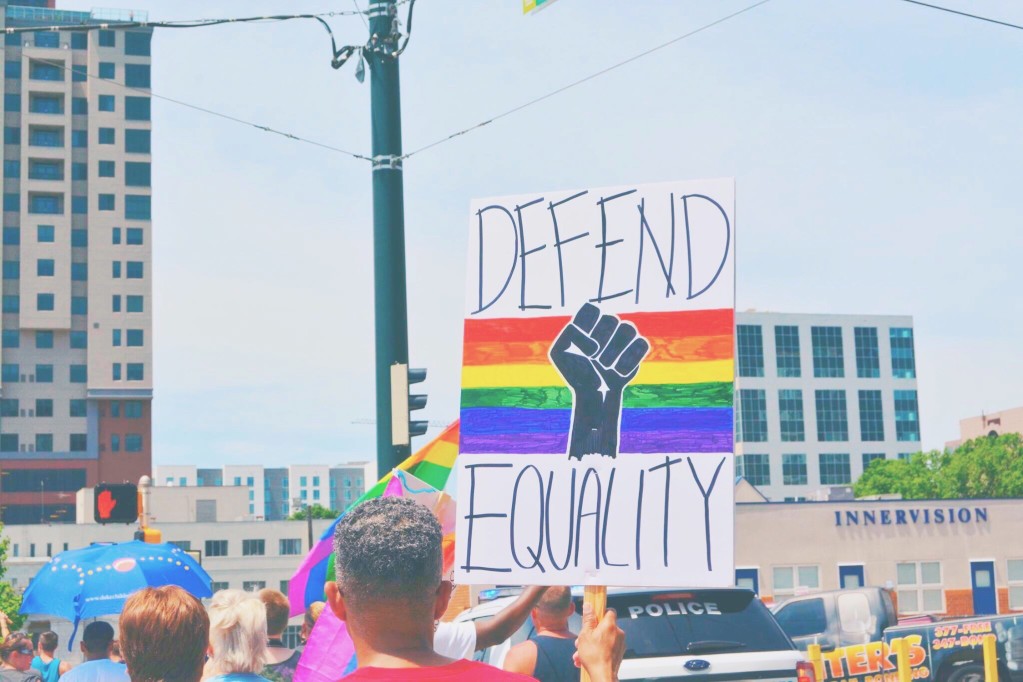It is essential within a democracy that civil rights are protected. This is usually done through a codified constitution with an entrenched bill of rights. The UK does not have this, whereas other countries, like the USA, do. In the UK, these rights have simply become law over time.
Civil liberties are the rights that a citizen has:
- Freedom of speech
- Freedom of religion
- Freedom of association
- Right to a fair trial
Citizens enter a voluntary contract with the state (for more see John Locke’s Social Contract). In exchange for rights protection, citizens have duties:
- Legal duties – obeying the law, paying taxes, attending jury duty
- Moral duties – voting, protecting the environment.
There are two types of rights that people have: positive and negative.
- Positive rights are those that are clearly expressed as part of legislation.
- Negative rights are those that exist because no legislation bans or removes them.
Magna Carta (1215)
- The first statement of rights in the UK. Established the idea of the rule of law.
- “No free man shall be seized or imprisoned, or stripped of his rights or possessions, or outlawed or exiled; nor will we proceed with force against him except by the lawful judgement of his equals or by the law of the land. To no one will we sell, to no one deny or delay right or justice.”
Human Rights Act (1998)
- Incorporated the European Convention on Human Rights (1950) into UK law.
- Citizens can now challenge laws in UK courts as opposed to going to the European Court of Human Rights (ECHR).
- UK courts can issue a ‘declaration of incompatibility’ which pressures the government to back down on a certain issue.
Freedom of Information Act (2000)
- The government looks more transparent, allowing citizens to know information about who and how decisions were made.
- Any person has the right to access files from any government body, unless it affects national security and other major exceptions.
The Equality Act (2010)
This made it illegal to discriminate in 9 areas:
- Religion
- Age
- Disability
- Gender reassignment
- Marriage/civil partnership
- Pregnancy/maternity
- Belief
- Race
- Sexual orientation

How are rights protected in the UK?
Judicial review is the review of government decisions to ensure that they are lawful. If they have acted beyond their power, they are known as ultra vires. Judicial review can be requested by anyone for one of three reasons:
- Authority has been exceeded.
- Procedural impropriety
- Acting irrationally or unreasonably
Common law refers to rules that have been established. Judges have decided that some rules are so firmly rooted in society that they have the force of law. Statute law takes precedence over common law. Common-law such as the right to hunt with foxes was supplanted by statute law.
Are our rights protected?

There are also other threats to civil liberties in the UK:
- Surveillance: the UK has an extensive CCTV network, with roughly one camera for 14 people.
- Stop and search: police are now able to stop any person without having to record why they stopped them.
- Freedom of expression: laws against racial or religious hatred can be seen to undermine freedom of speech.
- Political demonstrations: police are using public order laws to prevent large protests.
The work of pressure groups in upholding rights
Liberty
2013: failed to stop the introduction of so-called ‘secret courts’, which permit terrorist suspects and major criminals to be tried without the evidence against them being disclosed in full.
Howard League for Penal Reform
Secured a 2014 High Court ruling that obliged the government to drop its ban on prisoners’ families sending books to them.